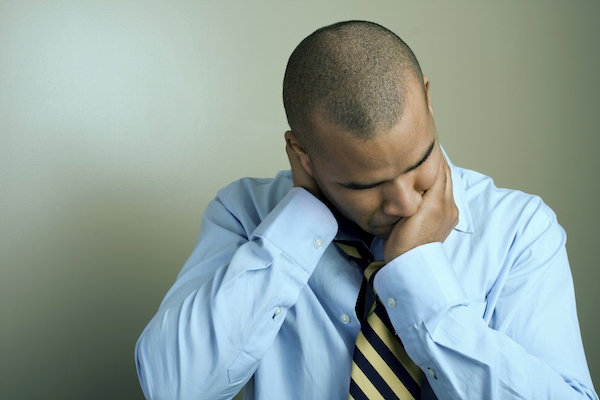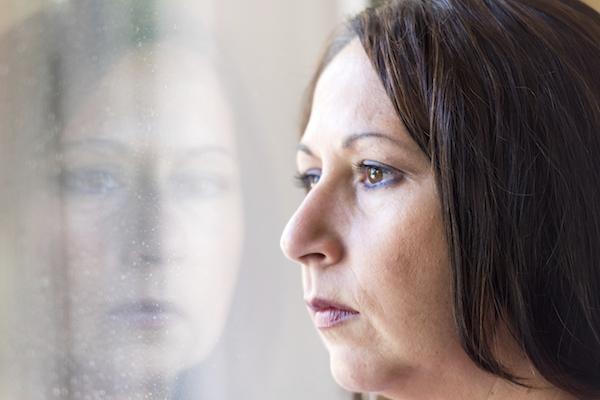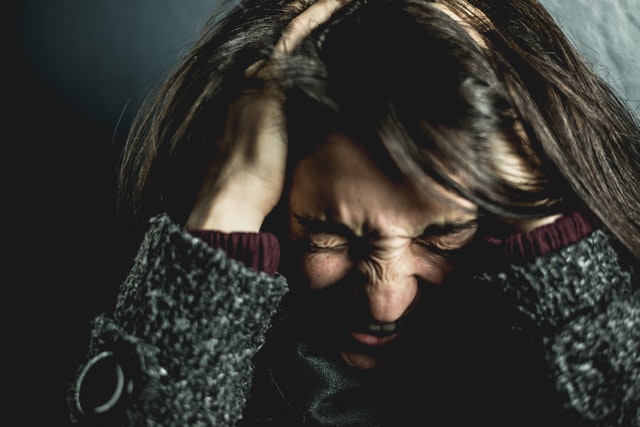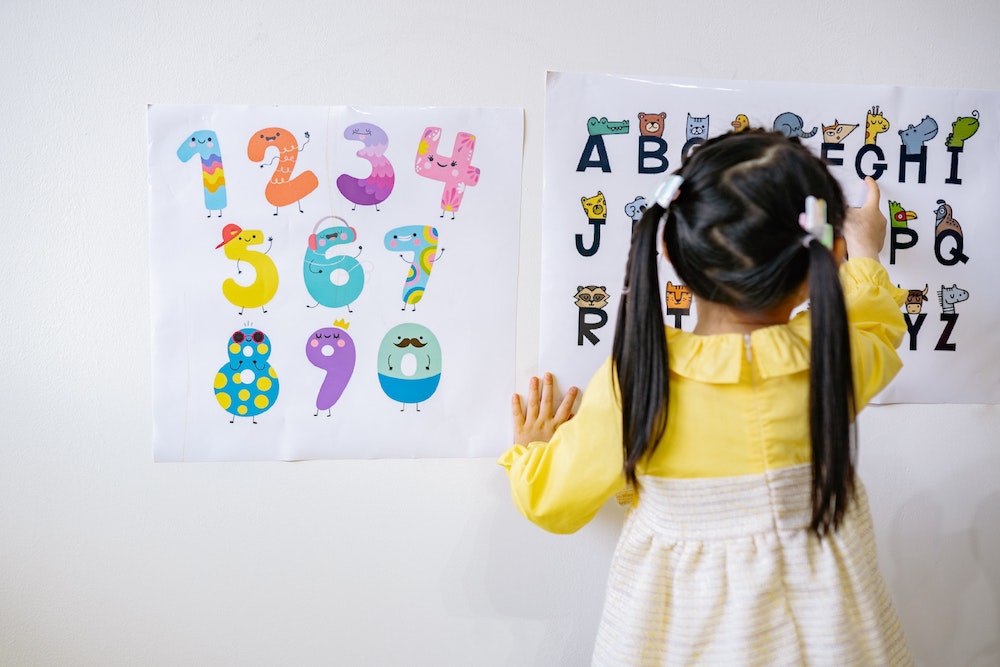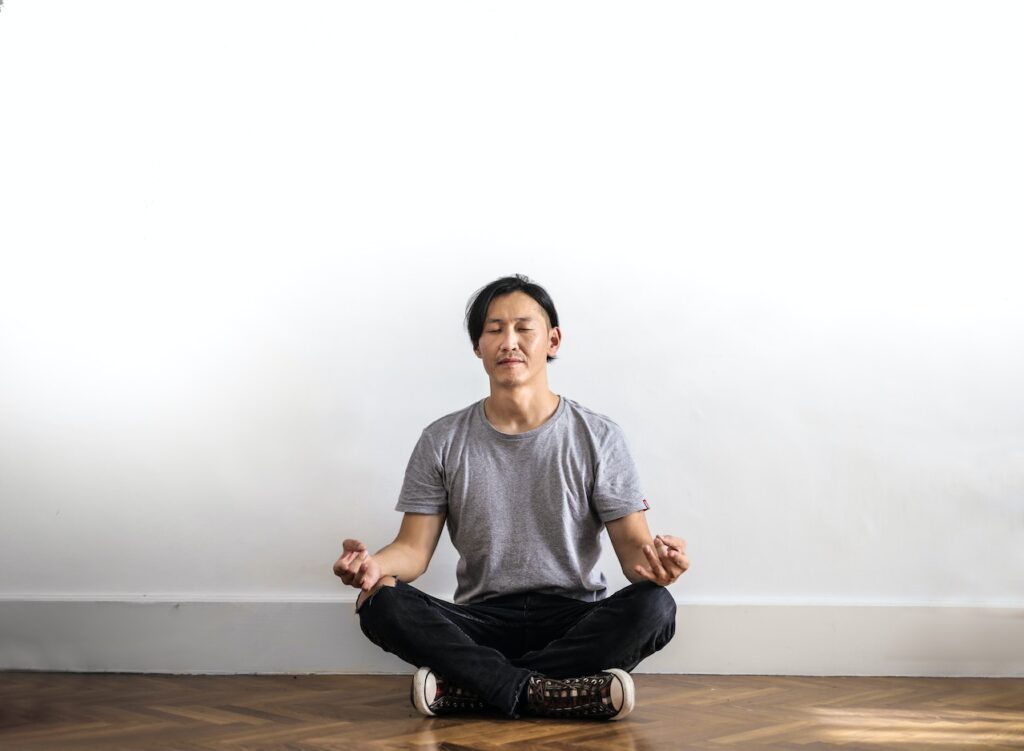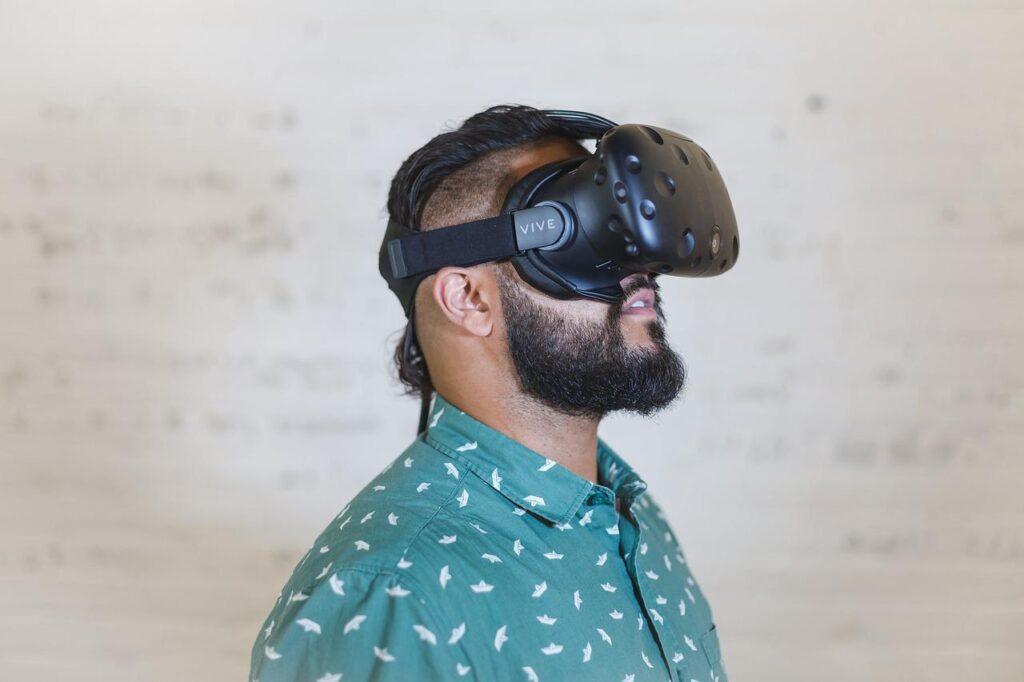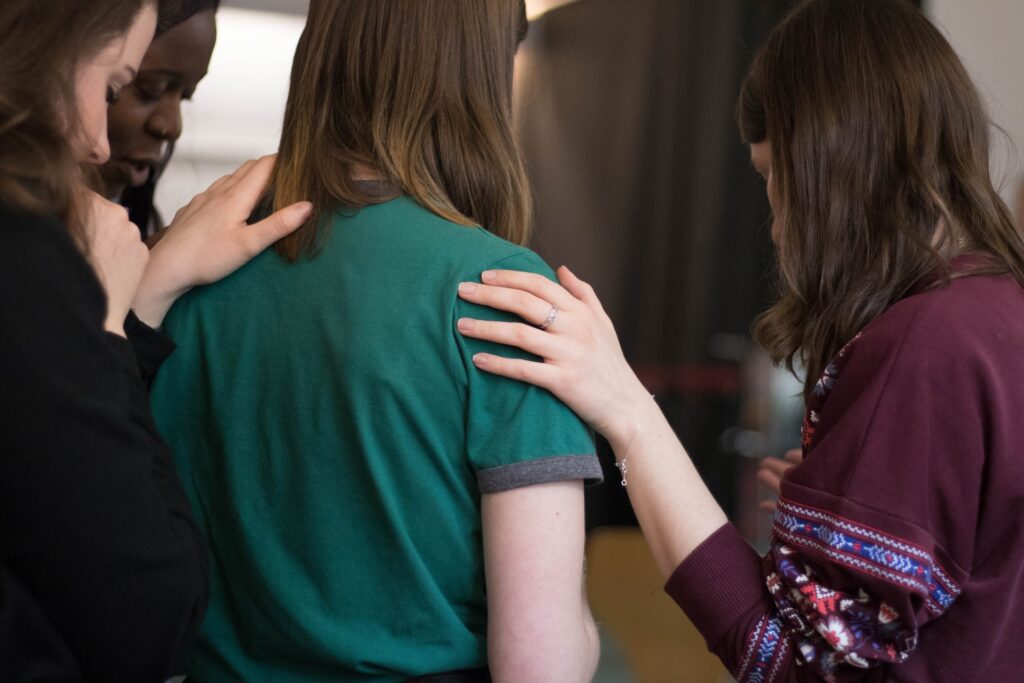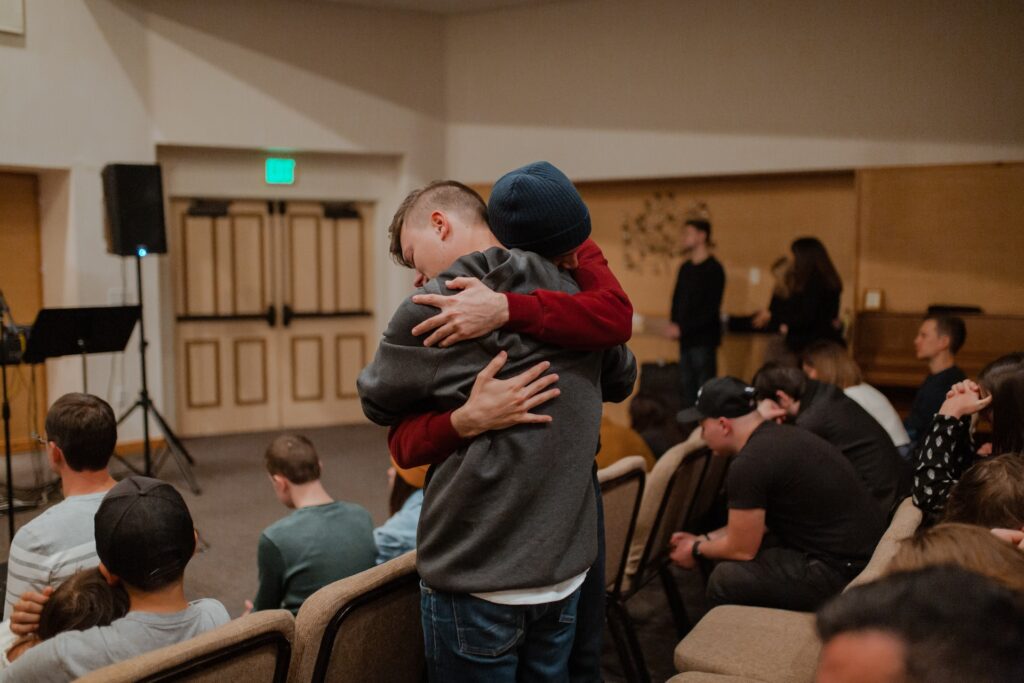Hoarding Disorder Treatment
We all know someone who has a collection of some items that has special meaning to them. You probably have a friend who loves turtles, for example, and has a shelf full of whimsical turtle statues. Often, men will have sports-related memorabilia tucked into several corners of their home or hunting trophies hanging in their den. While these collections are generally harmless, there are people who compulsively collect “stuff” and have accumulated so much that their possessions have literally taken over their home or yard. When a person’s life begins to be so affected by their items that they can no longer safely live in their home or they aren’t able to give up even a tiny portion of their collection, they’ve crossed over into the realm of hoarding.
Hoard Definition
A hoarder is defined by the American Psychiatric Association as a person who “excessively saves items that others may view as worthless and has persistent difficulty getting rid of or parting with possessions, leading to clutter that disrupts their ability to use their living or work spaces.” This isn’t to say that someone is a hoarder simply because they have an assortment of specific items like model cars: collectors focus on something specific and will often display them or organize them somehow. When people hoard items, however, they generally save random, unrelated items and store them haphazardly.
In most cases, a hoarder saves things that they feel:
- they may need in the future
- are/will be valuable
- have sentimental value
- make them feel safer when they are surrounded by the things they save
The APA says those with the condition – and their families – suffer negative social, emotional and physical effects to the point where there is a disruption of normal life. People who hoard, however, often don’t see the problem: many will live in unsafe and unsanitary conditions in order to maintain and add to their collection of items.
Hoarding Symptoms
Hoarding symptoms may include some or all of the following:
- A persistent inability to part with any possession, regardless of its value or ability to be used
- Feeling excessive discomfort if others touch or borrow items or distress at the idea of losing an item or getting rid of it
- Inability to use an area of the home for its intended purpose (for example, being unable to cook in the kitchen or use the bathroom to bathe)
- Keeping stacks of newspapers, magazines or junk mail
- Allowing trash or food to build up to unusually excessive, unsanitary levels
- Limited or no social interaction
- Difficulty organizing items, sometimes losing important items in the clutter
- Difficulty managing daily activities because of procrastination and trouble making decisions
- Moving items from one pile to another, without discarding anything
- Shame or embarrassment
Are Hoarding and OCD Related?
Hoarding has long been thought to be a form of OCD or Obsessive Compulsive Disorder because of the victim’s fixation on their items. Often, it can be traumatic for them to discard even one or two items because of their strong need to save things.
Recently, however, some researchers have come to believe that hoarding disorder isn’t the same for all people: they think hoarding may be related to ADHD and/or dementia in certain people.
Hoarding Therapy
Treatment of hoarding disorder can be challenging because many people either don’t recognize the negative impact that hoarding has on their lives or they don’t believe they need treatment. When they do seek out a therapist, hoarding therapy generally follows a similar path as treatment for OCD. Often, the most effective means is a combination of medication and therapy.
Cognitive Behavior Therapy is used to help the person become aware of their thoughts, emotions, and beliefs about their hoarding and help them identify and challenge inaccurate thinking. Certain anti-depressants have been found to be effective in treating the disorder. Frequently, family or group therapy is encouraged. Over time, the need to hoard can be overcome and learning to take small steps can lead to big changes.
Hoarding therapy in Delray Beach, FL and also across the United States via teletherapy.
Looking for immediate help?
Contact Us Today for a Confidential Assessment.
Call 561-496-1094 or
Treatment Programs Specializing In:
Serving the whole person, not just the symptoms. In all of our programs your comfort, privacy and long-term success are paramount.
COVID-19 Trauma has become familiar to many people throughout the pandemic. If you’re experiencing trauma, PTSD, anxiety, or depression as a result of Corona virus learn about how our COVID-19 Trauma Treatment Program can help.
We offer online therapy to help people who are unable to leave their homes. Contact us and we will will schedule your confidential online assessment.
Helping people from all walks of life find deeper connection and understanding to create stronger and healthier relationships.
Anxiety disorders are the most common psychiatric illnesses affecting children and adults. When you experience anxiety that is persistent, seemingly uncontrollable, overwhelming and disabling you may have an anxiety disorder.
Mood disorders represent a category of psychiatric disorders in which the underlying problem primarily affects a person’s persistent emotional state or mood. Mood disorders are made up of depressive types and bipolar types.
Resilience can help protect a person from various mental health conditions, such as depression and anxiety, and most importantly this training improves the quality of life. Resilience can also help offset factors that increase the risk of mental health conditions, such as being bullied or previous trauma.
Children and adolescents experience normal problems of growing up due to pressures of social media, school, socializing, self esteem or family. Our youth services provide assistance in dealing with educational, social, and vocational issues.
The Trauma Institute provides highly specialized clinical services, informed by the latest cutting edge-research, for trauma survivors. We are an Institute dedicated to clinical services, community education, professional training, and research focused on trauma recovery.
Individuals or couples who want to transition into parenthood but are experiencing difficulties becoming pregnant may feel alone, frustrated, ashamed or experience symptoms of depression or anxiety. Pregnancy therapy may be a helpful outlet to help cope with these feelings and reduce stress.
Many children and adults who have weak executive functioning skills are negatively impacted in all areas of life but fortunately through assessment and intervention, executive skills can be strengthened and compensatory strategies can be learned. When these skills are well developed, children and adults can better maximum their potential and future outcomes.
Families naturally go through stages and transitions across the lifespan. Family dynamics impact each individuals’ response to daily life and major events. Therapy can help families understand their complex and ever-changing dynamics. As the family becomes an expert in their processes, they will be able to use new skills to navigate each situation with love and respect for one another.
Learning should be empowering and meaningful for all students. Our new services being offered include the teaching of strategies to maximize learning. Academic coaching and personalized learning strategies can help students learn to use patterns, meaning, body motion, mnemonics, their color spectrum, visuals and mind maps to enhance attention and working memory. When learning becomes meaningful, positive physical changes happen in the brain.
What We Treat
Other addictions and disorders
Types of Therapy
The Center offers cutting edge therapy designed to get you on the road to a speedy recovery. We will help you to learn how to live your daily life free from the fears or compulsions that inhibit you or your child’s ability to complete each day’s tasks.
More Ways to Get Help Now
The Center offers cutting edge therapy designed to get you on the road to a speedy recovery. We know that you can’t always make it into our office for your session. Which is why we now provide teletherapy. You can get support from the comfort of your own home. We offer cognitive behavior therapy, psychodynamic psychotherapy, mindfulness meditation, group therapy, and medication. Depending on your needs, here’s how you can get help now:

Online or Phone Therapy
For individuals around the country or those wanting help from the comfort of your own home, we offer therapy via Facetime, Skype or phone.

In Person Treatment
We have professionals available 7 days a week. Our offices are conveniently located in the Boca/Delray area.

Intensive Outpatient Programs
For those who prefer a more short-term approach we offer intensive sessions for individuals or groups. Perfect for those with a less flexible work schedule.
When it comes to anxiety or mood disorders we specialize in treating the whole person, not just your symptoms. In all of our programs your comfort, privacy and long-term success are paramount.
Looking for immediate help?
Contact Us Today for a Confidential Assessment.
Call 561-496-1094 or




